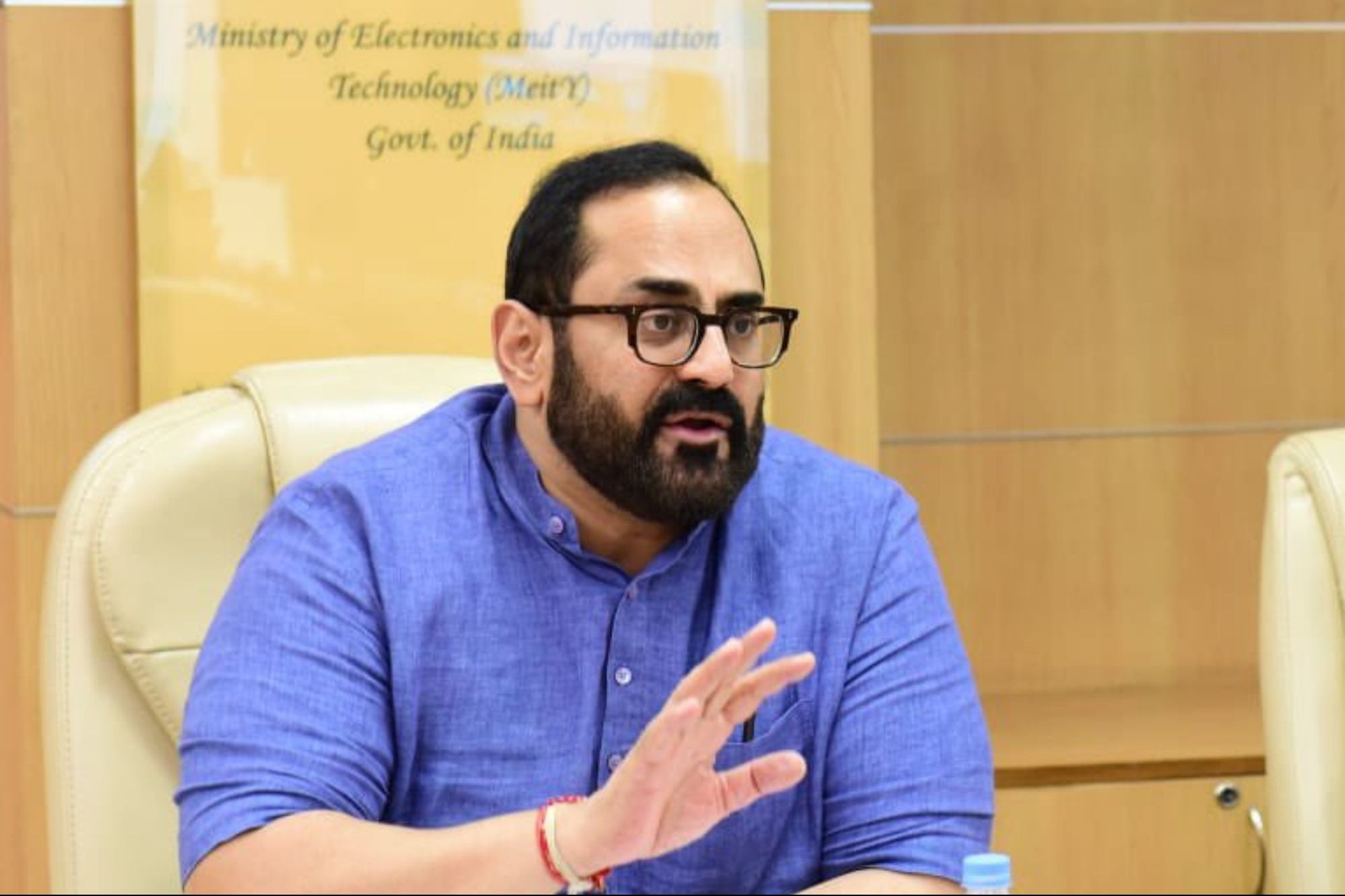The COVID-19 pandemic has exacerbated the education affordability crisis with students around the world, according to a report, Passport to Higher Education: A Global Payments Study, from Flywire Corporation.
It found that currently 71% of undergraduate students are having difficulties making their education payments due to the financial impact of the COVID-19 pandemic. This financial burden has also led three in five (61%) students surveyed to consider delaying their higher education.
Flywire, a global payments enablement and software company, surveyed over 1,000 college students in the United States, the United Kingdom, Australia, Canada and China who are either currently studying abroad or plan to in the future.
The survey uncovers major trends as the education sector grapples with the effects of the COVID-19 pandemic on international education.
“Affordability issues in higher education are nothing new, however the financial impact of the COVID-19 pandemic added an additional layer of stress and uncertainty for international students when it comes to payments,” Flywire Executive Vice President of Education said Sharon Butler.
“As vaccinations increase worldwide, and students prepare for the return of in-person learning in the fall, institutions can play a significant role in providing a fulfilling and affordable experience that all students deserve,” Butler added.
Students Optimistic About International Education
Optimism around international education offers a promising outlook on the bounce back of studying abroad. Over half of students (63%) are still interested in studying internationally as their biggest motivations for doing so are the opportunity for new cultural experiences (47%), the academic reputations of schools abroad (43%), on-campus experience (37%) and value for the cost (38%).
That said, over half (56%) of all students feel the process of obtaining a student visa in the next year will change due to the shifting global political climate. Undergraduates in the U.K. (65%) and U.S. (61%) are the most likely to expect a change – significantly more so than their counterparts in Canada (49%) and China (48%).
Debt Holds Students Back from Opportunities
The political climate can also have an impact on relieving student debt. This is an issue largely facing students in the U.S. where the majority (89%) of those expected to pay off their student loans said their debt has prevented or delayed them from pursuing the following opportunities:
Saving for a house/real estate (47%)Traveling (38%)Furthering their education (37%)Pursuing an internship or job opportunity (29%)Investing in relationships (23%).
Installment Options and Efficient Payment Process Can Improve Experience
Institutions can begin to tackle affordability by implementing payment plans, as seven in ten students say the option to merely pay their educational bills in installments would provide much needed relief, the report added.
The process of making tuition payments should also not be overlooked with 72% of students stating that it has become a significant stressor because of the pandemic. Although the stress is largely attributed to financial difficulties (41%), over a quarter (28%) say it’s driven by unclear processes from their institution followed by the lack of online payment options (20%).
“With over three in four students stating that access to a simplified payment process would improve their higher education experience, institutions can take an active role in alleviating some of the stress for students paying for university,” explained Butler.
“By implementing flexible payment options and online payment methods, international and domestic students can spend more time focusing on getting the most out of their education and preparing for life outside of the classroom.”
Flywire commissioned Engine Insights to conduct a survey of adults 18 years of age or older in five countries to understand the role payments play in their pursuit of higher education. This survey is among 1,010 students, with 202 from the United States, the United Kingdom, Australia, Canada, and China. This survey was conducted online between March 12 and 18, 2021.





